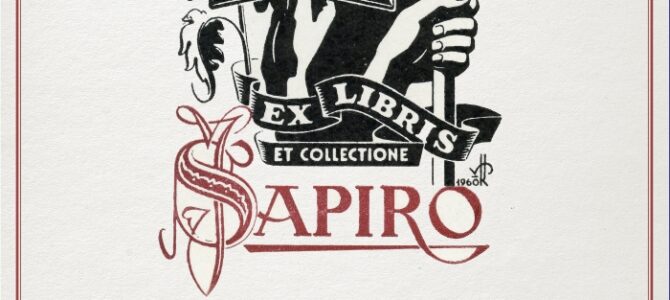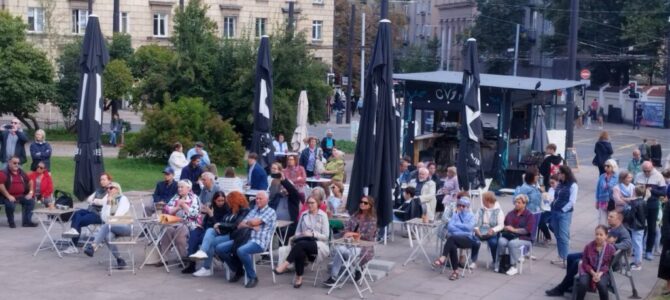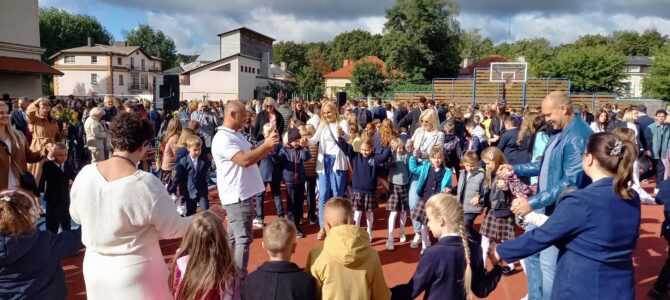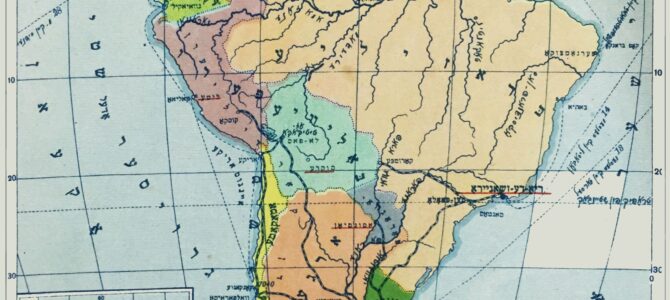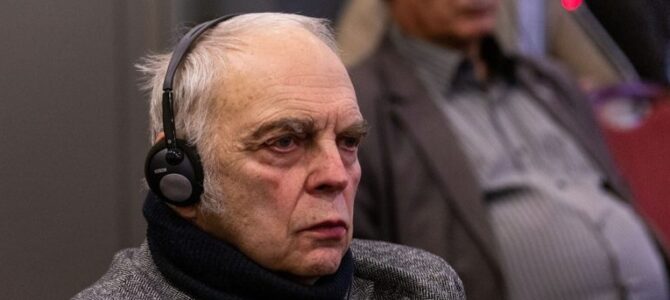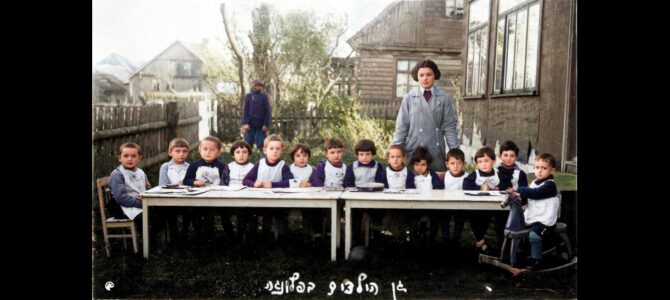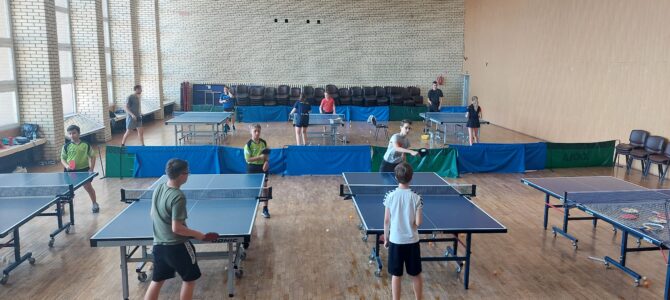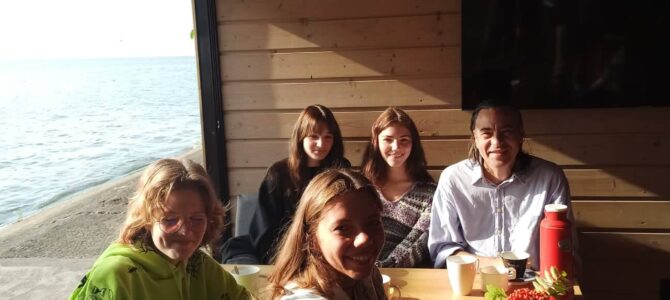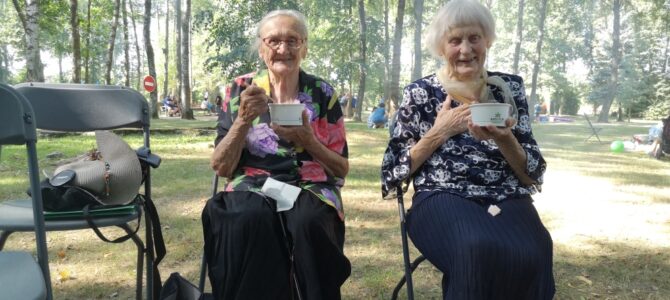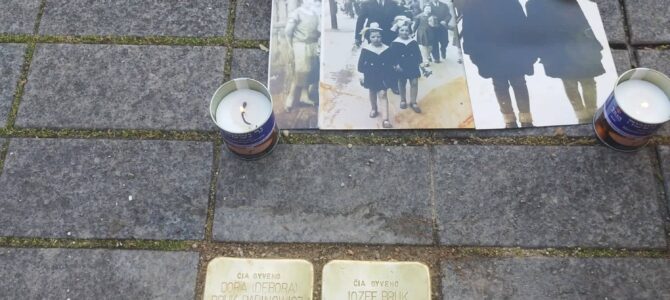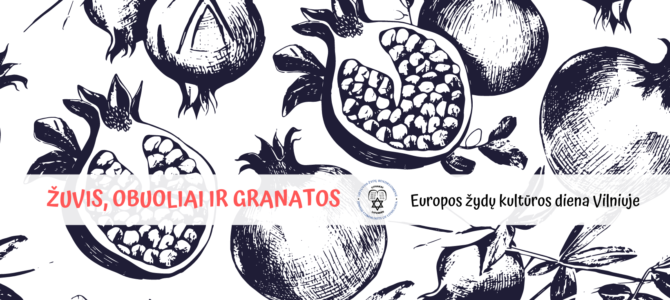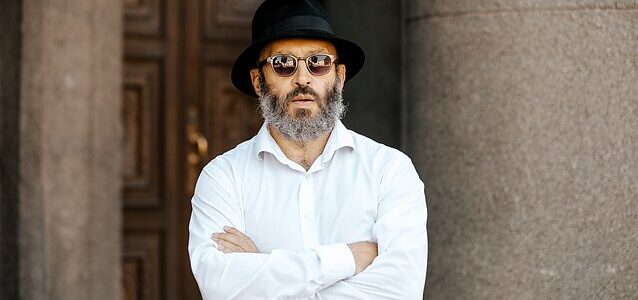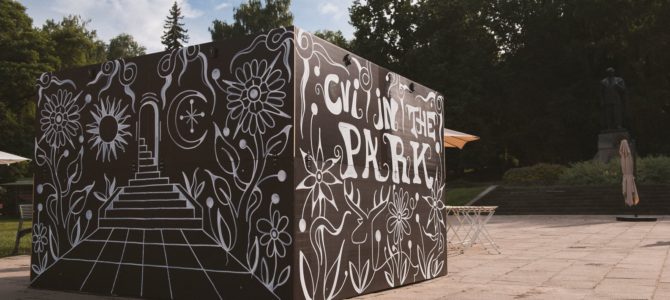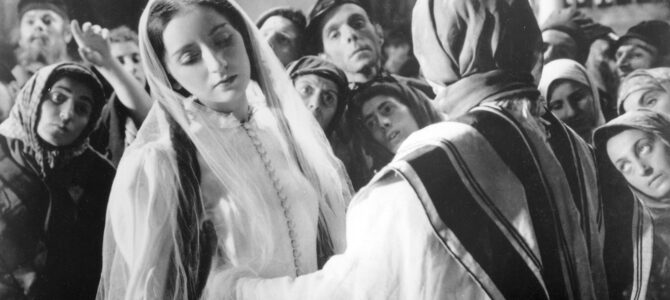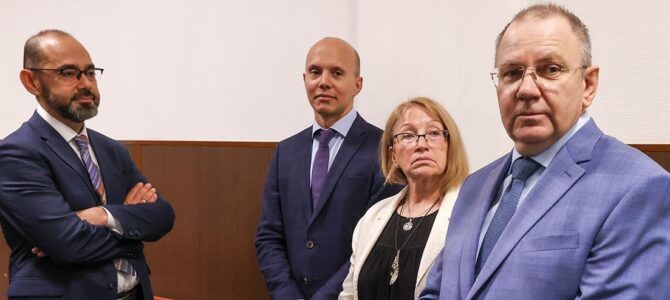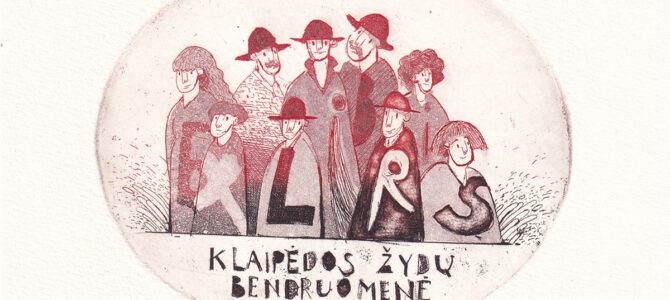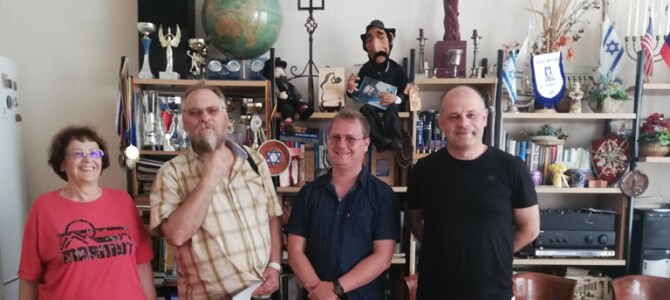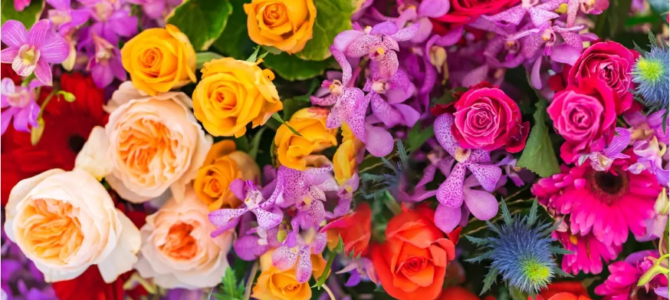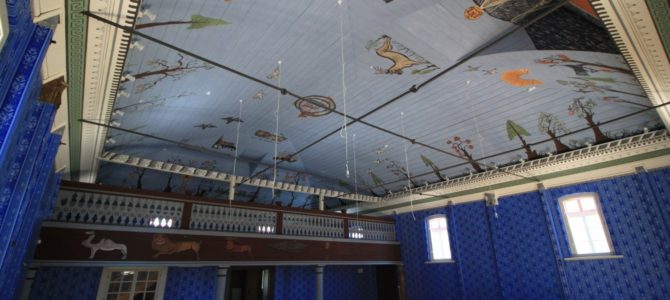by Javier Sinay
A newly translated book spotlights the country’s long-forgotten Jewish journalism, and the immigrants who shaped it
In February of 1898, 4,824 immigrants arrived at the port of Buenos Aires: 2,919 Italians, 1,284 Spaniards, 166 French, 137 Turks, 84 Russians, 47 Austrians, 46 Germans, 42 Brits, 35 Portuguese, 23 Swiss, 15 Belgians, 13 Moroccans, five Americans, four Danes, three Swedes, and one Dutch. In Buenos Aires, 1 out of every 2 people on the streets had been born elsewhere, at least one ocean away.
Many of these communities had their own newspapers; the Jewish community did also. We know a lot about Argentina’s Yiddish pioneers thanks to Pinie Katz, a journalist who years later, in 1929, published in Buenos Aires a book titled Tsu der geshijte fun der idisher dyurnalistik in Argentine (with a Spanish title, Apuntes para la historia del periodismo judío en la Argentina), which tells the story of the Jewish press in Argentina between 1898 to 1914. That last year, David Goldman wrote in his book Di Yuden in Argentine (Jews in Argentina) that there was a “mass of corpses in Argentina’s literary cemetery,” referring to the high number of newspapers that were short-lived. Goldman calculated that up until 1914, some 40 newspapers had sprung up, and in 1951 the magazine Der Shpigl defined that early period as “the heroic era of Jewish journalism” in Argentina.
In his book, Pinie Katz told us about those restless Quixotes and their newspapers, their reports, their intrigues, the debates they prompted within the community, and their relationship to Argentine society. Over the years, however, Katz and the pioneers he chronicled became figures blurred by time, or as in most cases, completely forgotten. This was especially true given that they wrote and published in Yiddish, which isolated them from anyone who didn’t speak the language. Now, though, we have translated Katz’s book into Spanish, appearing under the title La caja de letras: Hallazgo y recuperación de “Apuntes para la historia del periodismo judío en la Argentina”, de Pinie Katz, or The Box of Letters: Discovery and Recovery of “Notes for a History of Jewish Journalism in Argentina,” by Pinie Katz.
Full story here.
